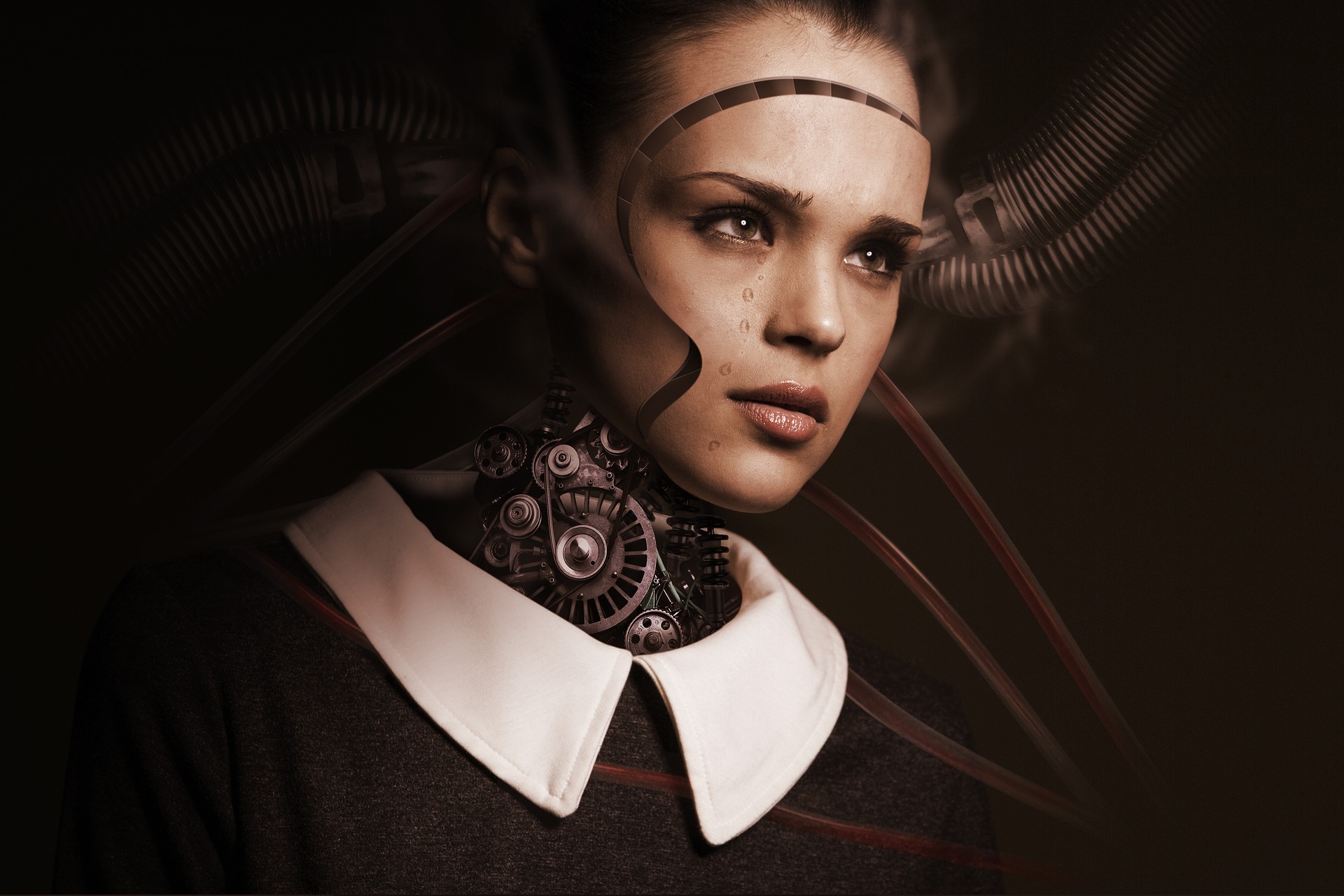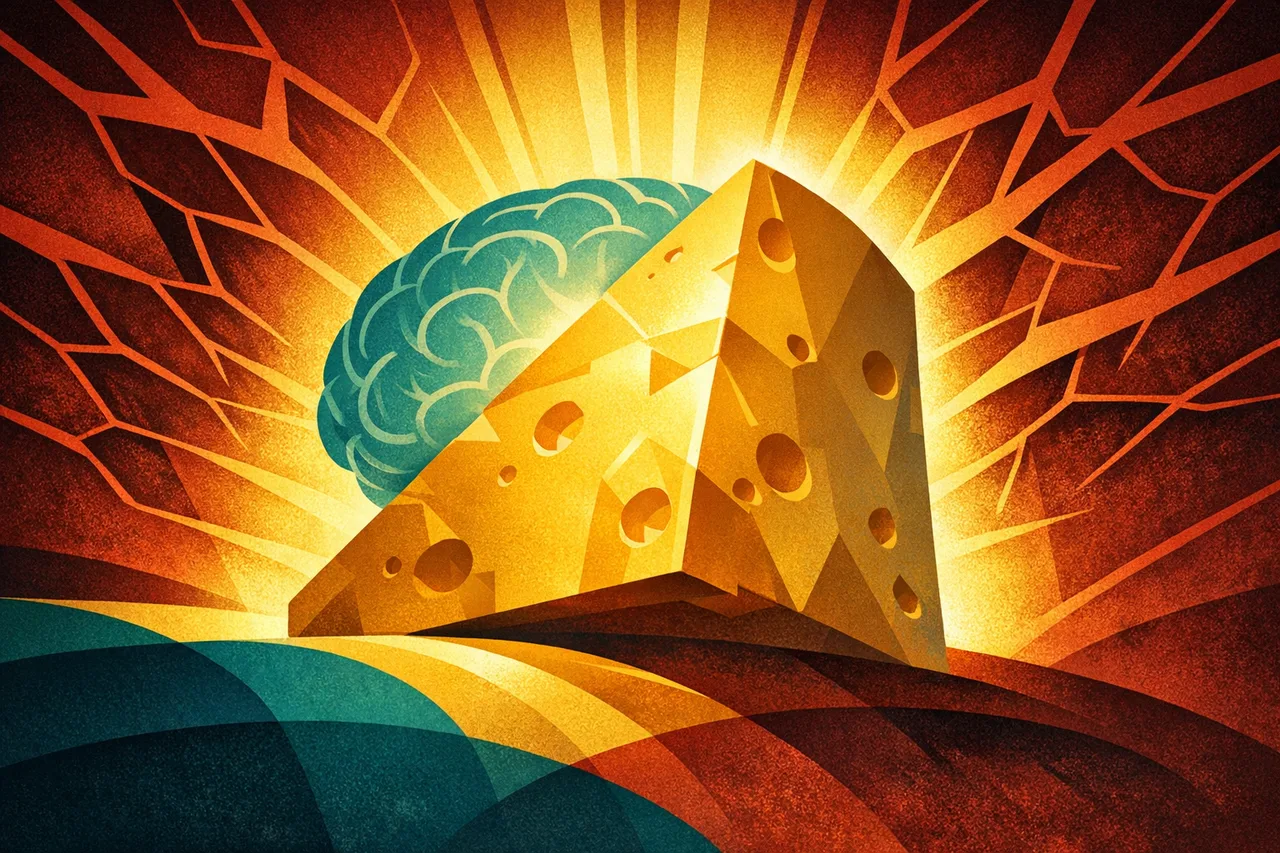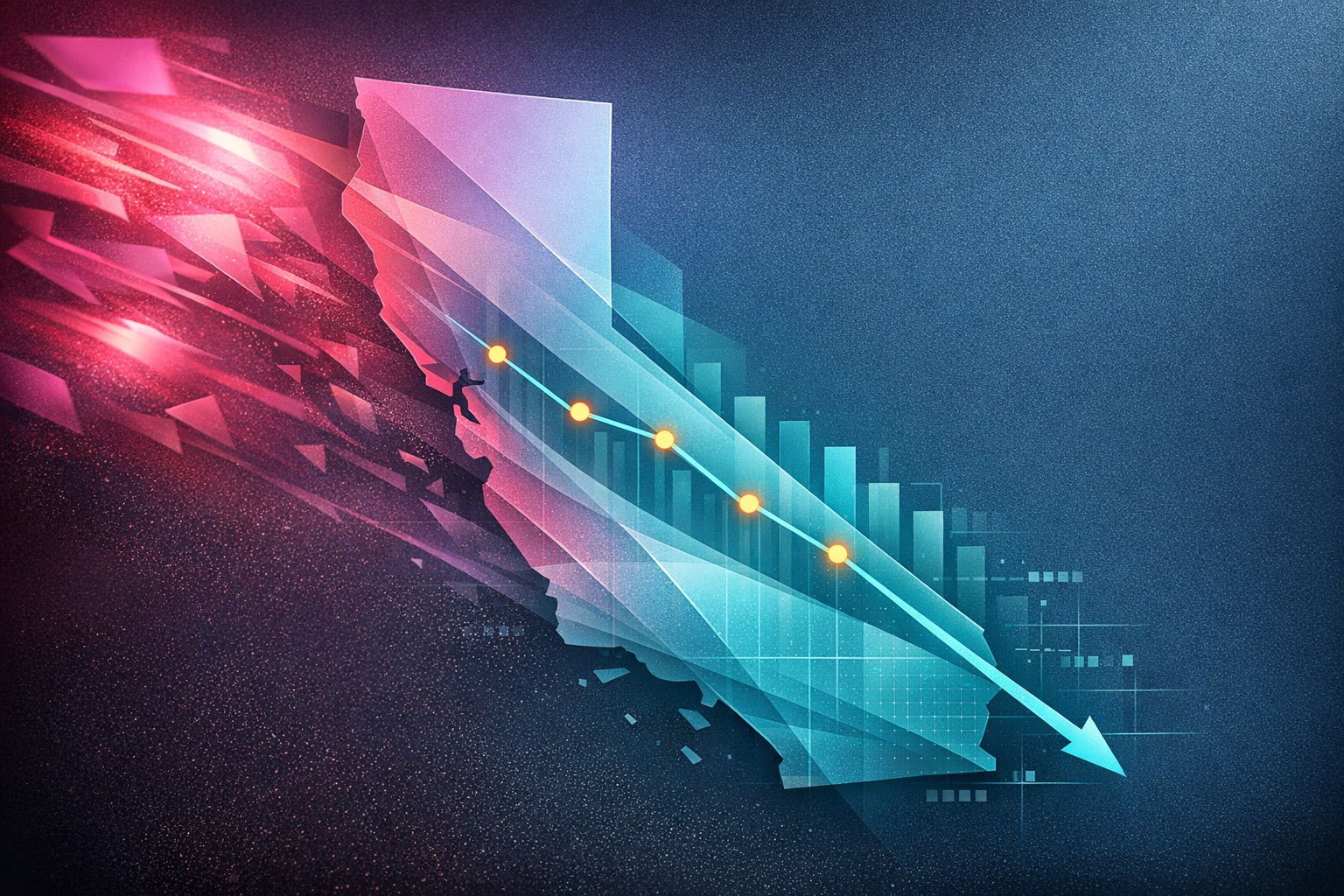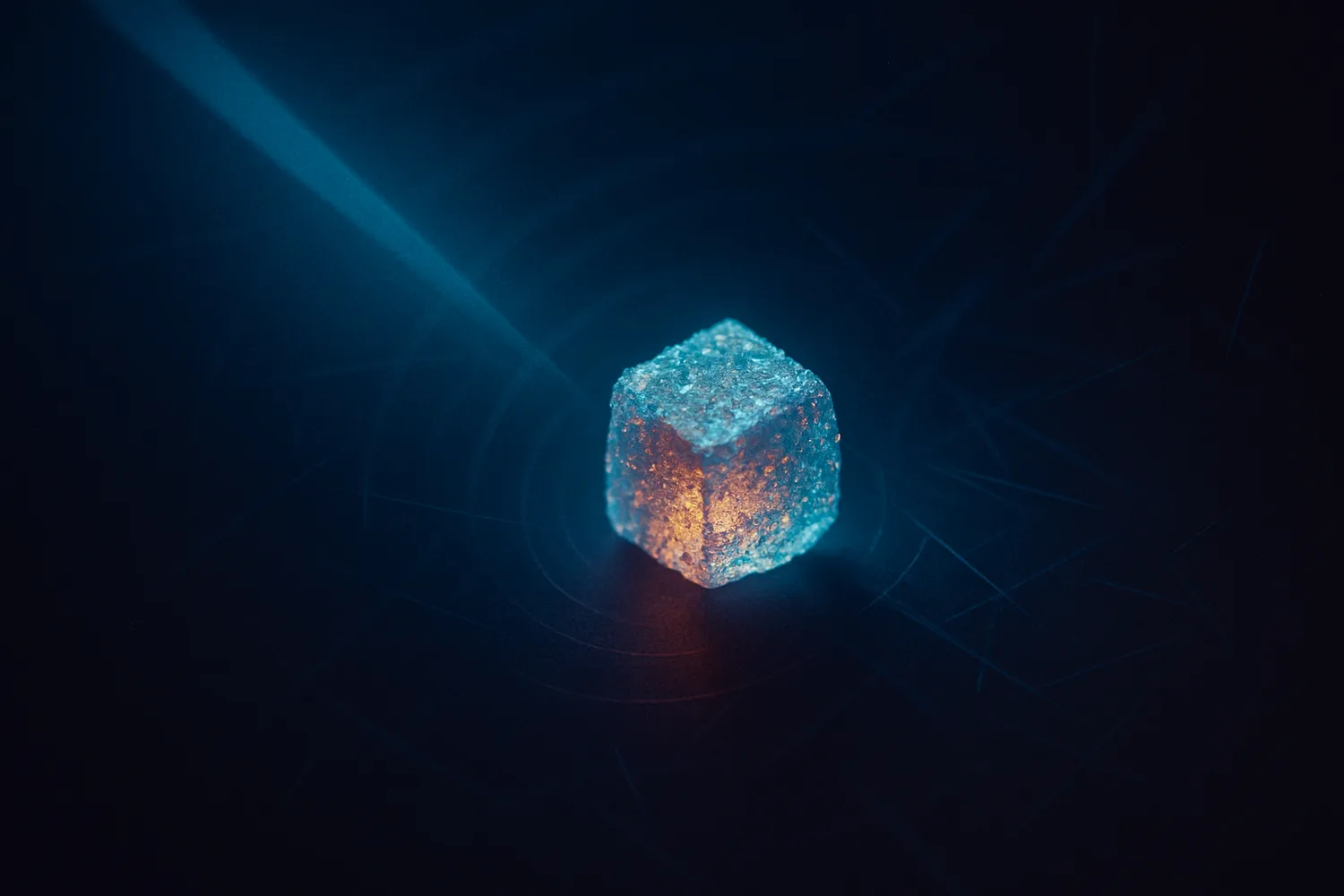
While Tech firms are on a path to conquer the next grand human achievement that will change the world, the question must be posed have these engineers and scientists considered the fundamental philosophical nature of intelligence? At Davos, Google CEO Sundar Pichai stated that artificial intelligence will be more important than humanity’s master of fire or electricity. While Science Fiction certainly paints a picture of obtainable success with AI, reality has some potential significant hurdles that suggest AI will never advance more than that of a basic animal or subhuman. Business executives continuously have one thing in mind when operating a business- If it sounds good then let's implement it. For anyone that has worked at large corporations, you often encounter many policies that are void of common sense and tend to work against the company rather than for it. While in the conference room some vice president or consultants presentation sounds good and promises the company a ton of profits, yet when carried out in the real world it either has negative aspects that hinder productivity itself, or it merely self-destructs keeping the status quo or worse. I believe this is what many of the executives at Davos are doing and rather than applying critical thinking they are riding the trend.
Here are a couple of reasons that philosophically state why AI will never rise to the level of human intelligence-
- What is intelligence? Intelligence is more than a slate of facts or simple problem-solving. It is taking into account all of the immense factors in the world that require thoughtful consideration. It requires that the problem solver, especially in a business situation, take into account the incredibly complex human variable. Much like economics, there are so many variables and differences in humans that attempting to create an AI to engage these issues is only fantasy. The only way to make AI effective in the business world is to reduce the employees and customers to mere automatons who are absent of their humanity much like Marxist Communism which IBM’s Ginni Rometty referred to at Davos stating they had an obligation to “prepare the workers of the world for this revolution.” This trend seems frightening not exciting.
- What makes humans, humans? Many philosophers will argue that what separates humans from lesser animals is not the ability of the brain to function at a higher level but the soul which includes affections, will, and mind. Noting that the mind is separate from the brain one might understand the mind as the cognitive part of the soul whereas the brain is the cognitive portion of the physical body. Whereas animals can have emotions due to bodily hormones and other physical stimulation, humans have in addition to physical emotions the affections which are a higher level of desire. While emotions are responsive or reactive, affections are genuine and enduring. There is also a will that humans have that transcend the niche programmed animals instincts. While the animal will react in specific, predictable ways based on its environment, humans have the ability to rise above this programming and make choices that can contradict their environmental programming. These aspects are difficult for scientists and business executives to understand because it goes beyond the empirical laboratory study using our five physical senses or the executive conference room PowerPoint presentation.
Thus, just as animals lack essential human attributes that make humans the unique creatures that we are, so too will programmed binary artificial intelligence lack these crucial elements as well.
You may also like

When Cheese Gets Interesting for Brain Health

What Happens If ACA Tax Credits End?

The Byheart Recall, Explained for Parents

What's Behind California's 2025 Crime Drop?

Why Holiday Shopping Looks Different in 2025
